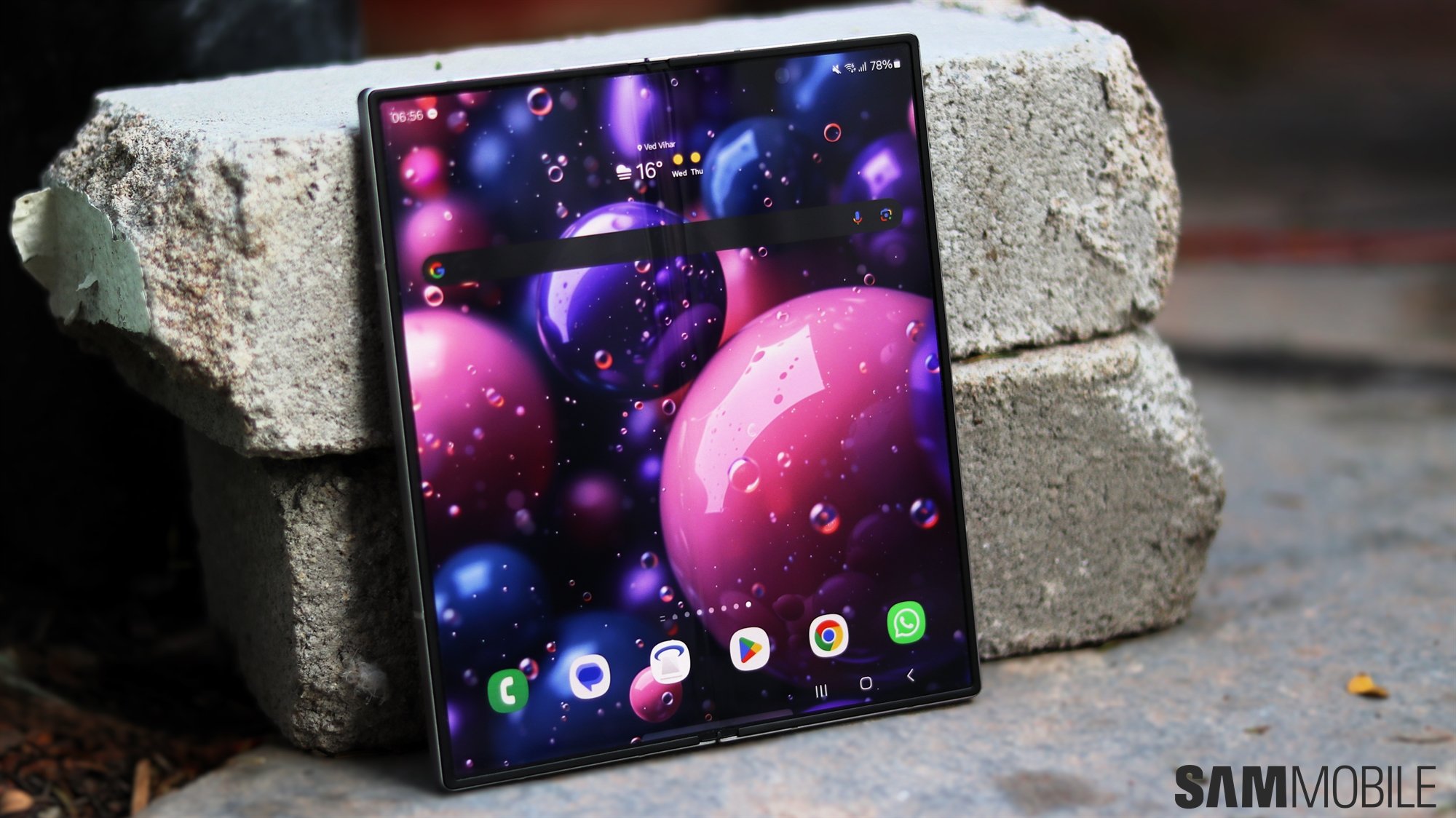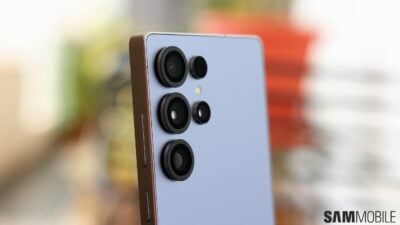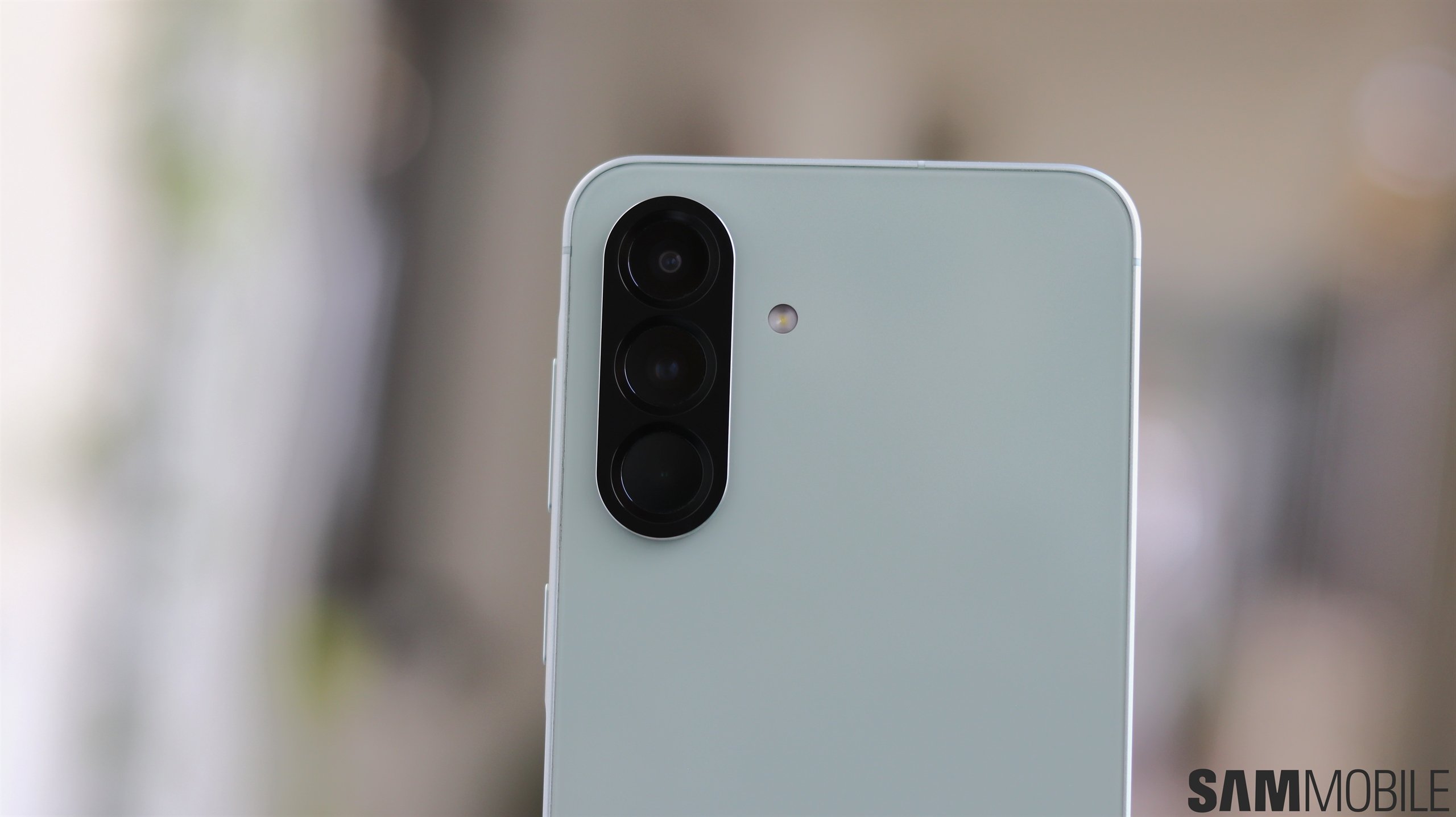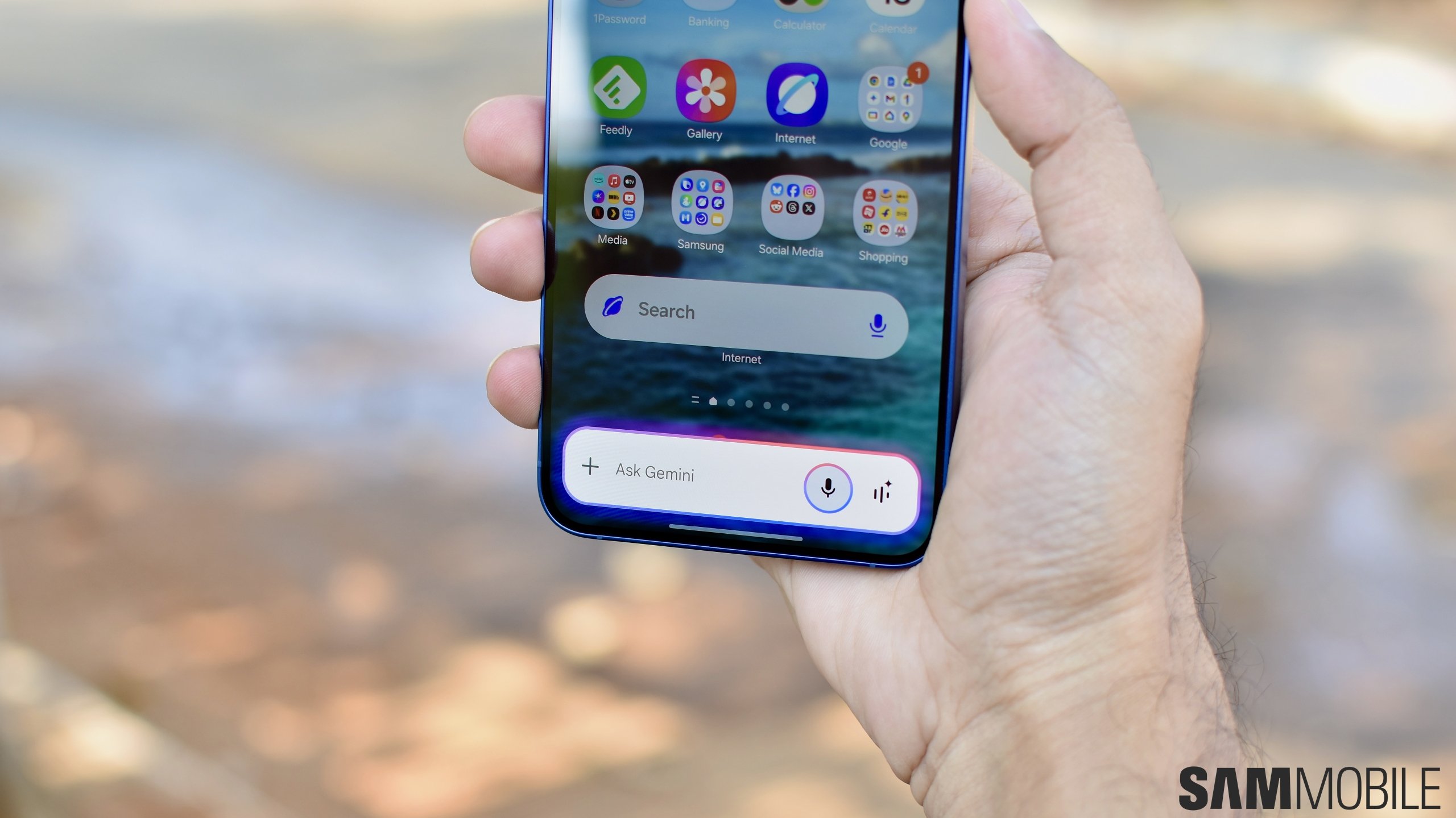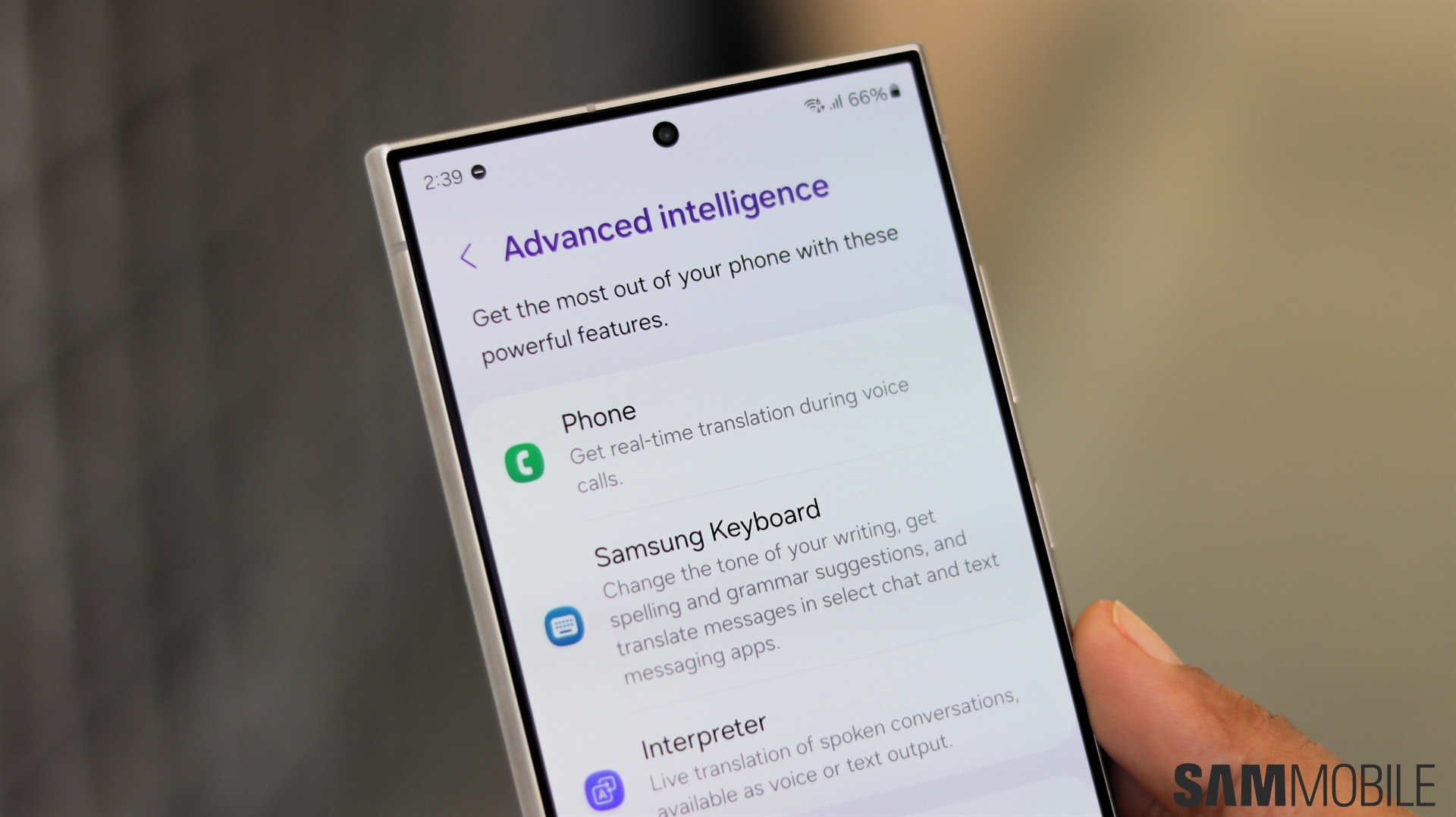
This makes the iPhone often the only competitor that the new Galaxy S flagship have to best. Samsung has done a commendable job of carving a niche for this series in Apple's backyard, the United States, where the fruit company utterly dominates the market due to its iron grip on the ecosystem.
Apple's commanding position in that specific market has provided it with the luxury of time. It hasn't had to hustle to bring out new features or improvements. Apple could sit back, take its time, see what Samsung and others were doing, and then respond accordingly.
Meanwhile, Samsung was among the first to bring 5G phones to consumers in that market. It has consistently pushed the envelope on camera technology, introduced great new software features, and provided superior capabilities through the Galaxy S series. It hasn't all been in vain. These efforts have gradually led to the lineup being considered as often the only high-end alternative for those who don't want to buy an iPhone.
What Samsung needed was something decisive, something that would truly help it proverbially bury the iPhone by showing people that they can get innovative new technologies elsewhere, and that Apple doesn't have the monopoly on innovation, rather, it seems to no longer care about that anyway.
Galaxy AI might just do the trick. This suite of artificial intelligence features that Samsung introduced with the Galaxy S24 earlier this year provides users with a wealth of capabilities, changing the way they interact with their phones and with the world around them. Much of the Galaxy S24 lineup's post-launch success in the market can be attributed to Galaxy AI as people bought the devices just to try out the new features.
Samsung's marketing push for the new series has also revolved around Galaxy AI. The company has played it very smartly, as it has taken the gap that existed particularly in the US market and established itself as the AI phone maker. The goodwill Samsung had been generating and the positive coverage its devices got scared Apple enough to break from tradition and confirm that it's also working on AI features for the next iPhone.
Those who follow the company know that it's uncommon for Apple to even hint about new features before they're unveiled. The numbers don't lie, either. Galaxy AI has helped Samsung beat Apple in global smartphone sales for February 2024. Samsung ended up selling more units than the iPhone, helped by the popularity of its Galaxy S24 series. In Europe, Samsung accounted for 34% of all smartphone sales across the continent, so the Galaxy AI effect was also witnessed across the pond.
Samsung realizes that it has an opening until the next iPhone comes out to win hearts and minds with Galaxy AI. There's a clear gap in the market that it can tap into. It's wasting no time inc capitalizing on this opportunity. Merely a couple of months after these artificial intelligence features were launched with the Galaxy S24 series, Samsung released Galaxy AI for 100 million devices across its boarder flagship range with One UI 6.1. Even Galaxy S23, Galaxy Tab S9, Galaxy Z Fold 5, and Galaxy Z Flip 5 owners can get in on the action now.
This provides Samsung with a big advantage. It can utilize this time to get AI features for smartphones subconsciously associated with Galaxy devices, thereby denting the impact of the iPhone's AI features when they ultimately arrive later this year. Just how effective those features turn out to be remains to be seen as well, considering Apple's penchant to go at things alone, whereas AI requires a more open and collaborative approach with others in the industry. That's precisely how Samsung has enabled some of the most useful Galaxy AI features that include Circle to Search and live call translations.
The perception that customers had about Samsung phones has already turned considerably for the better. Galaxy AI might just provide the impetus that the company needs to demonstrate clearly that its devices are behemoths in their own right, not to be overshadowed by a company that seems to no longer be interested in pushing the envelope anymore.












